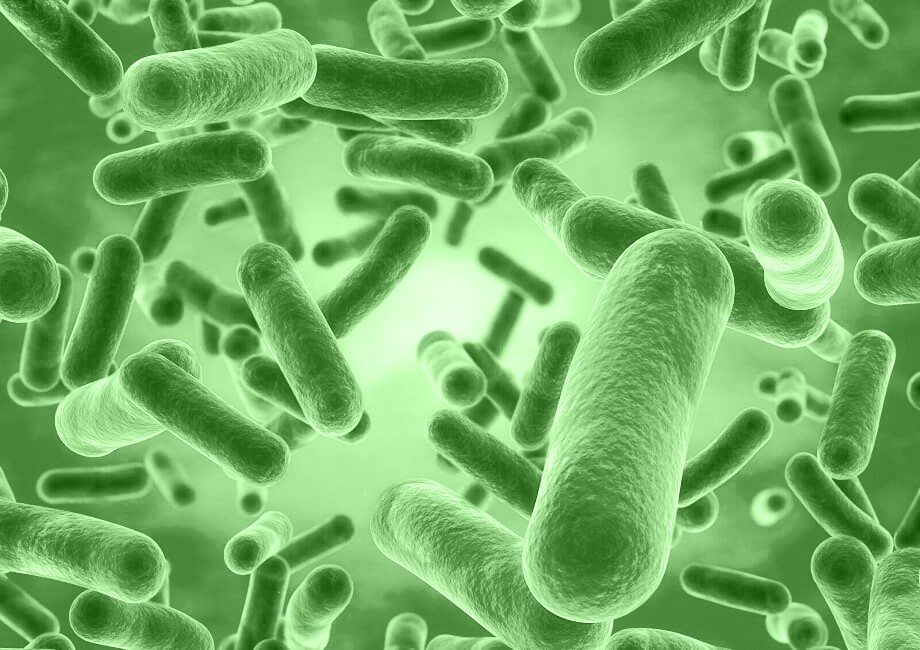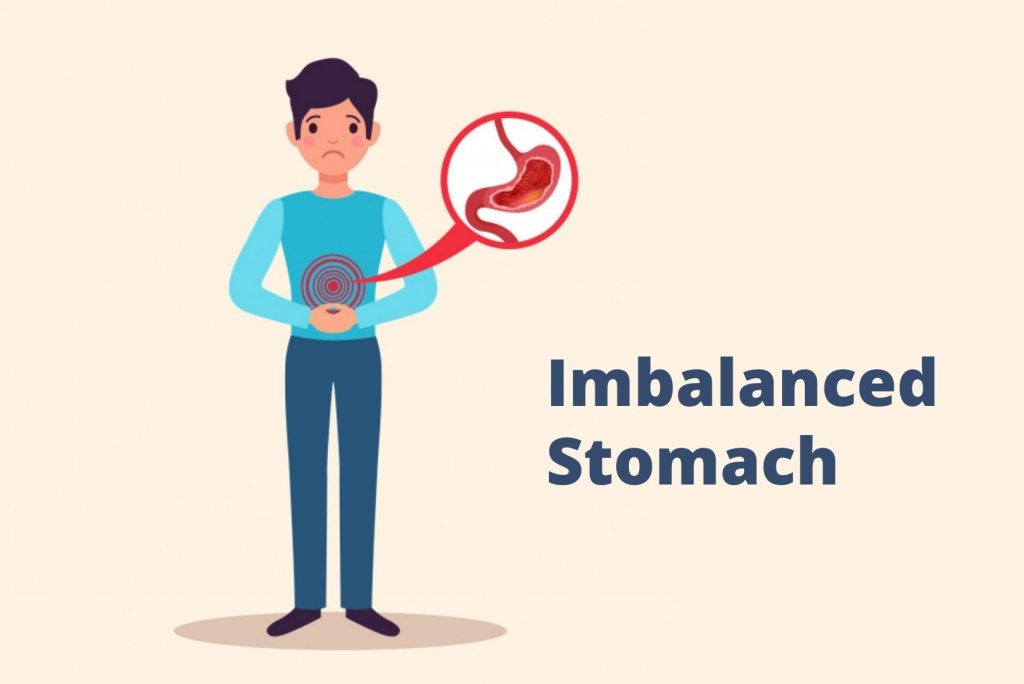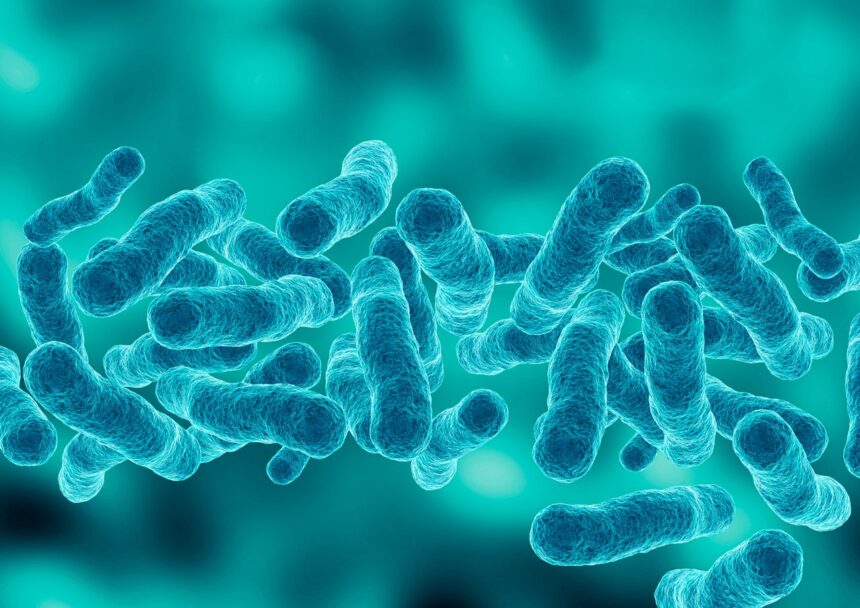
How Bacillus coagulans Works Differently
Unlike traditional probiotics like Lactobacillus or Bifidobacterium, which often struggle to survive stomach acid, spore-forming probiotics such as Bacillus coagulans remain dormant until they reach the intestines — where they germinate and begin to work.
This makes them highly effective in colonizing the gut, even in patients with compromised microbiome diversity, like those with Irritable Bowel Syndrome (IBS).
Scientific Evidence: IBS Symptom Relief
Multiple peer-reviewed studies have found that Bacillus coagulans supplementation can significantly improve common IBS symptoms, including:
- Abdominal pain and cramping
- Excessive gas and bloating
- Irregular bowel movements (both constipation and diarrhea subtypes)
🔬 In a double-blind, placebo-controlled trial, patients with IBS who took Bacillus coagulans GBI-30, 6086 for 8 weeks reported:
- Improved stool consistency
(Rao AV et al., Clin Ther. 2009) - Reduced bloating
- Less abdominal discomfort
Why This Matters for IBS Patients

If you’ve struggled with treatments that offer temporary or inconsistent relief, spore-based probiotics may represent a paradigm shift in managing gut imbalance. Because they survive harsh environments and actively recondition the gut microbiome, they provide more predictable and durable results — without the side effects of medications.
The Future of IBS Care Is Already Here
Whether you suffer from IBS-C, IBS-D, or IBS-M, spore-forming probiotics like Bacillus coagulans offer a natural, science-backed alternative to long-term medications or restrictive diets.
💡 Want to reduce dependency on antispasmodics, laxatives, or endless elimination diets?
Start by nourishing your gut — not fighting it.




